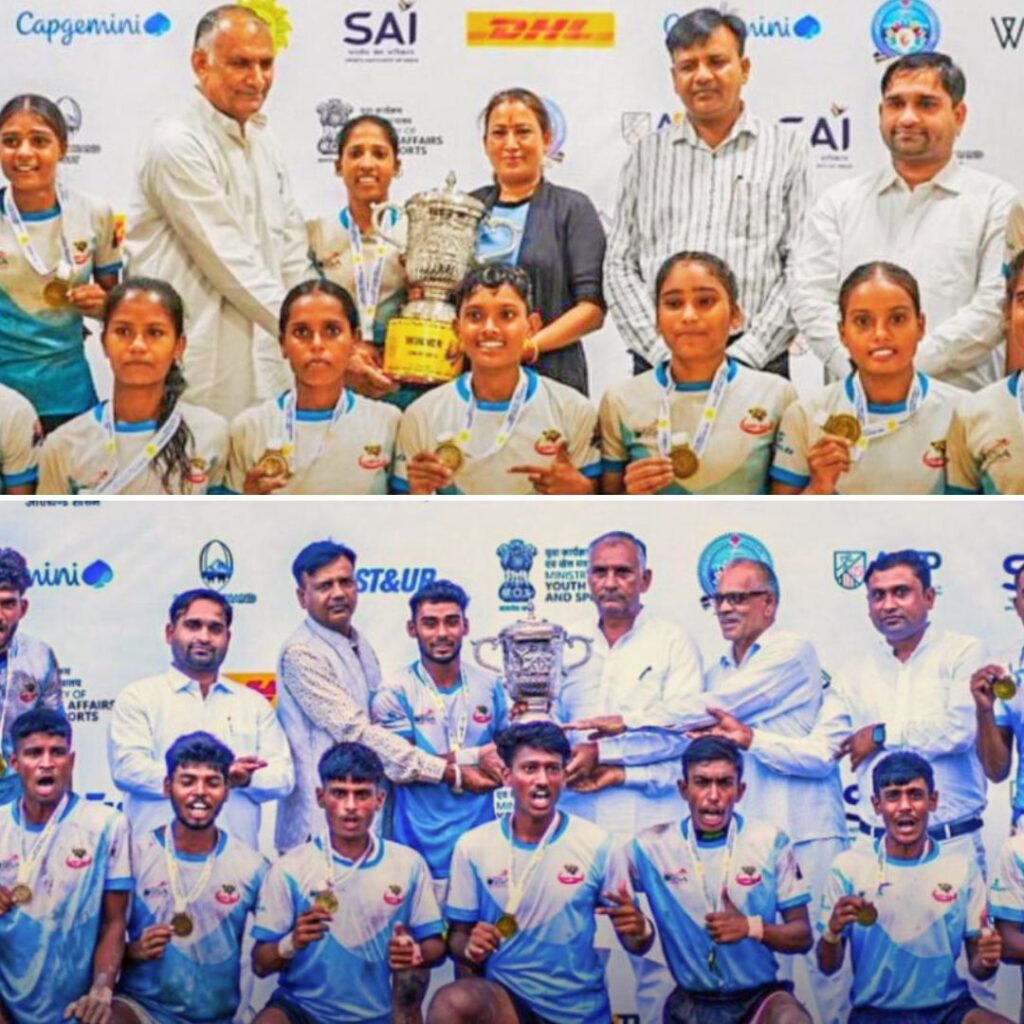January 12th, 2020 / 10:39 AM
/ Updated 2 hours ago
Image Credit:Mangalore Today
Pointing at the distressing state of the Indian economy, Nobel Laureate Abhijit Banerjee said: “We are extremely close to a tipping point of a major recession.”
Speaking at theExpress Adda, along with Esther Duflo on January 6, the Indian origin economist suggested that a greater focus should be on stimulating the growth.
He compared the current fragile state of the economy to the year 1991 and said, “If you look at every macro statistic other than GDP, this looks like 1991. Exports are shrinking, imports are shrinking, investments are not happening. It looks like 1991. That’s the year when GDP shrunk. So, we don’t look like an economy that is growing fast but nothing else is happening that looks like an economy is growing fast.”
Banerjee further criticized the government’s decision to reduce corporate tax as an incentive for growth in private sector investment saying, “I don’t think this is going to save the economy right now. Business is actually a lot of money. It does not use it for good reason that there is no demand for it.”
Suggesting that the focus should be on opening the economy with lesser restrictions, he said, “With the risk of being censored by my macro-economic friends, I think we should forget about budget deficits and achieve objectives. We must even forget the inflation target. Let the economy crack a little. We want to be open now. Because we are still a pretty closed economy, I don’t think it’s hard for the government to be more open.”
“The real estate sector, which has played a role in connecting the urban and rural sector, has slowed massively, forcing young men working in the sector to go back to their villages,” he added.
Taking a jibe at the politicization on the issue of the migrants, especially from Bangladesh, Banerjee said, “There were no indications that migration of low-skilled wages was under pressure overall. In any case, immigrants with few skills are taking on jobs who no one wants in those economies and thereby create new opportunities for everyone else, and there are indications that highly educated immigrants, who are welcome in most countries, put pressure on local wages.”
Duflo also pointed at the increasing inequalities and said “policies that ease migration” is the need of the hour.
On January 9, the World Bank projected a decelerated GDP growth rate for India for financial 2020-21 from 6.5 percent to 5 percent citing ‘lingering credit weakness emanating from non-banking financial companies (NBFCs)’.
Also Read:World Bank Cuts India’s GDP Growth Forecast For 2020-21 To 5%
Contributors
Written by : Palak Agrawal
Edited by : Navya Singh











